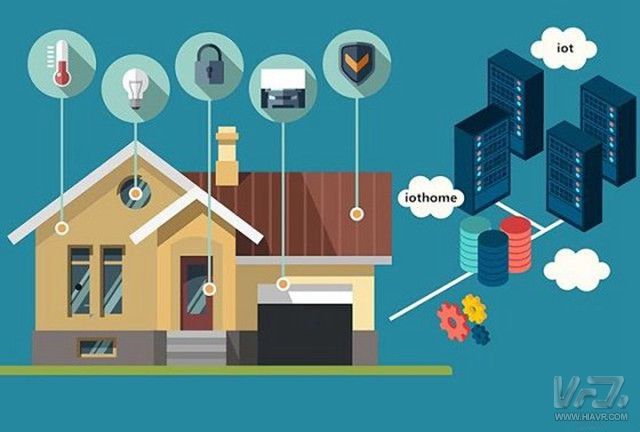Costa, the editor of American PC Magazine, recently shared his insights on the future impact of big data, emphasizing that digital convergence will be one of the most transformative forces in the coming years. He highlighted how technologies like IoT, blockchain, AI, and voice recognition are increasingly interconnected, each enhancing the capabilities of the others to create a more intelligent and responsive digital ecosystem.
According to Costa, there are seven major trends that will shape the future of big data. These include the Internet of Things (IoT), smart cities, augmented and virtual reality (AR/VR), blockchain, voice recognition, artificial intelligence (AI), and digital convergence itself.

The first trend is the Internet of Things. With over 8.4 billion connected devices today—far exceeding the global population—IoT is no longer just about smart phones or laptops. It's now used in logistics, healthcare, and even home automation. Smart scanners, for example, are revolutionizing supply chain management. While this trend offers incredible convenience, it also raises serious concerns about data privacy and security.
The second trend is smart cities. For these to succeed, access to real-time data is essential. Governments and private companies must work together to build infrastructure that supports data-driven decision-making. The rollout of 5G networks worldwide is expected to accelerate this transformation, making smart cities more efficient and sustainable.
The third trend is AR and VR. These technologies have become more accessible and affordable in recent years. Devices like the Oculus Go and Microsoft’s mixed reality systems are now reaching mainstream consumers. Beyond gaming, AR and VR are being used in education, training, and even remote work. Imagine learning to fix a plumbing system through a VR headset—just like a professional technician would.
The fourth trend is blockchain. This technology, based on secure encryption, has the potential to revolutionize many industries. While cryptocurrencies like Bitcoin are the most well-known application, blockchain is also being explored for secure data sharing, supply chain tracking, and even voting systems. Major tech firms are investing heavily in its development.
The fifth trend is voice recognition. As a seamless, screen-free interface, voice technology is becoming a key part of everyday life. Devices like Amazon Echo and Google Home are already changing how people interact with their homes and devices. Companies like Google, Apple, and Amazon are actively licensing their voice recognition technology to other businesses, further expanding its reach and utility.
The sixth trend is artificial intelligence. AI requires vast amounts of data to learn and evolve. Once trained, it can produce results that surprise even its creators. Its impact is already visible in media, where AI can generate articles at an impressive speed. In the future, AI could replace many white-collar jobs, but Costa remains optimistic, believing that it will ultimately improve efficiency and safety—like making driving much safer than human-operated vehicles.
The seventh and final trend is digital convergence. Costa argues that the true power of these technologies lies in their integration. IoT devices can generate massive data sets, which AI can analyze; AR and VR can be enhanced by voice recognition; and blockchain can provide the security needed for all of this. When combined, these technologies form a powerful network that will define the next era of digital innovation.
Type C To Lightning Charger Cable, Apple Pd Fast Charger Cable, Pd Fast Charger Cable For Apple, Pd Fast Charger Cable For Iphone, C To Apple Cable
Dongguan Pinji Electronic Technology Limited , https://www.iquaxusb4cable.com